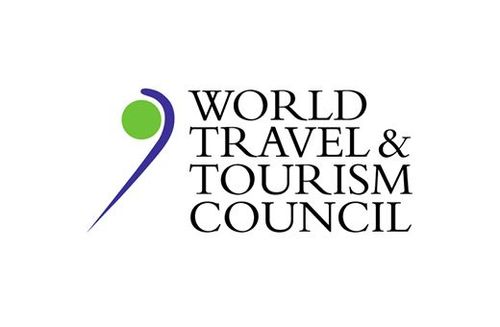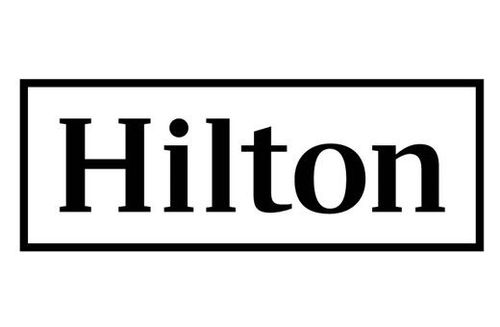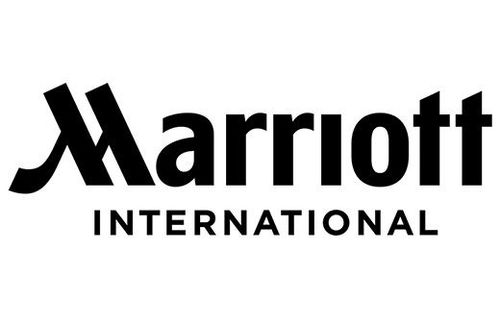Where travel agents earn, learn and save!
News / WTTC launches new report on the future of Travel & Tourism in a post-COVID world
Recommendations on how we can ensure a more seamless recovery of the sector

September 28 - The World Travel & Tourism Council unveils a new report that explores the implications of the trends for each of four key Travel & Tourism stakeholders: travellers, businesses, workforce, and communities.
WTTC, which represents the global Travel & Tourism private sector, worked closely with Oliver Wyman, a global management consulting firm, along with number of WTTC’s Members from key areas of the Travel & Tourism sector, to bring together this important body of work.
The report emphasises the importance of taking a global coordinated approach to recovery: enhancing the current seamless travel experience, embracing the integration of new technologies and enacting global protocols for health and hygiene to ultimately rebuild the confidence of travellers.
Notably, it highlights the need for public and private sector to work together to recover the millions of jobs impacted, rebuild traveller confidence, and build the sector’s resilience.
The report stresses that, as WTTC re-imagines the future of Travel & Tourism and explore policy recommendations, four macro-trends are expected to lead the way through recovery and beyond: demand evolution, health & hygiene, innovation & digitisation, and sustainability.
According to the report, 70% of North American leisure travellers say they would book during COVID-19 if changes were free.
Additionally, more than nine out of 10 (92%) of consumers trust personal recommendations with regards to health and hygiene, and 69% of travellers cite cleanliness as a critical component of a travel brand’s crisis response, and it is expected that travellers will continue to pay heightened attention to health and hygiene even after there is a COVID-19 vaccine.
This signifies a need for destination readiness, as consumers priorities evolve, along with the need to adopt new protocols for health and safety measures to keep up with the demand evolution WTTC is seeing.
Digitisation has been paramount during the COVID-19 pandemic. Given the shift to remote working, as well as lockdowns around the world, there has been a rapid shift towards digitization, with people increasingly feeling comfortable with a touchless travel experience. The report reveals that it is here to stay with almost half (45%) of travellers saying they are ready to move from paper passports to a digital identity.
From widespread unemployment and anti-racism movements, to the restoration of natural habitats, the world has been reinvigorated to tackle social, environmental, and institutional sustainability. Furthermore, almost three quarters (73%) of consumers state they are taking note of brands that are making a difference during COVID-19, showing that growing attention is being paid to sustainability.
The report offers recommendations on how the Travel & Tourism sector can ensure a more seamless recovery.
WTTC Recommendations Include:
• Border openings and repatriation: A harmonised approach to remove travel restrictions, with a previous risk assessment in place, as well as standardised contact testing and tracing requirements at departure • Define common health and safety standards: The public and private sector should jointly agree on the implementation of health & safety standards across industries within Travel & Tourism. • Strengthen worker support schemes: Provide payroll protection and wage subsidies as well as general consumer stimulus cheques and tax payment deferrals • Incentivise travel: Introduction of consumer incentives for travel spending, starting with domestic travellers and expanding to regional and international as quickly as possible and appropriate • Promote tourism starting with domestic and regional travel: To capitalise on the initial recovery, governments, tourism boards and organisations should direct their early marketing and promotional efforts to incentivise domestic and regional travel. Importantly, they should also prepare and provide early marketing and promotional incentives to stimulate the earliest possible regrowth and recovery of internal travel and tourism • Extend digital infrastructure to rural destinations: Investment in digital infrastructure of emerging destinations and remote areas will be critical, as well as enhancing digital skills within local communities • Integrate digital identities: Accelerating the adoption of digital identities and solutions will be key to maximise accuracy for health and safety protections, while reducing bias in border control and expediting the movement of passengers • Rethink the workplace: The rapid shift to remote work will require the public and private sectors to come together to determine how to optimise the new working arrangements • Stimulate sustainability practices: Develop and provide incentives to encourage the implementation of sustainability measures within the private sector
WTTC has continually been at the forefront in leading the private sector in the efforts to rebuild global consumer confidence and encourage the return of Safe Travels.
According to WTTC’s 2020 Economic Impact Report, during 2019, Travel & Tourism was responsible for one in 10 jobs (330 million in total), making a 10.3% contribution to global GDP and generating one in four of all new jobs.
More Travel News:
New WTTC campaign highlights the social benefits of Travel & Tourism
Celebrate World Tourism Day by travelling digitally with Google
Skyscanner Weekly Travel Insights
You could fly Thai Airways’ A380 motion simulator from $540











